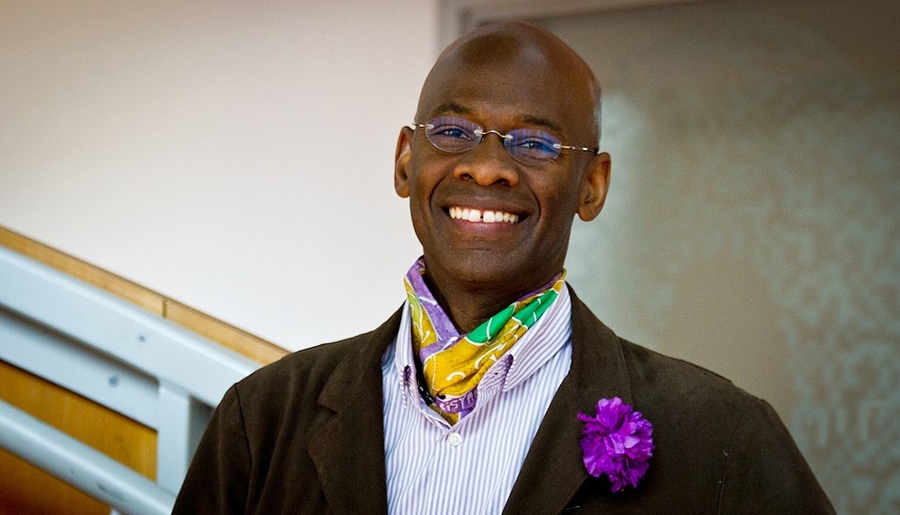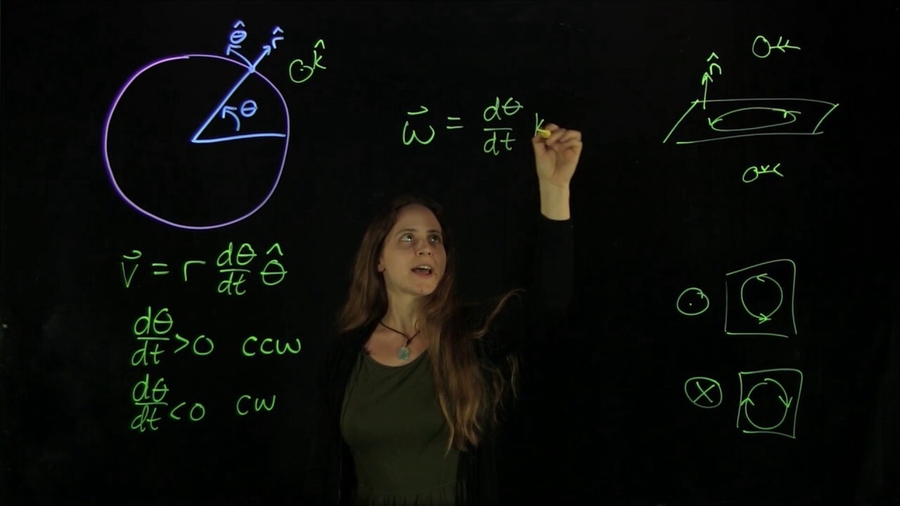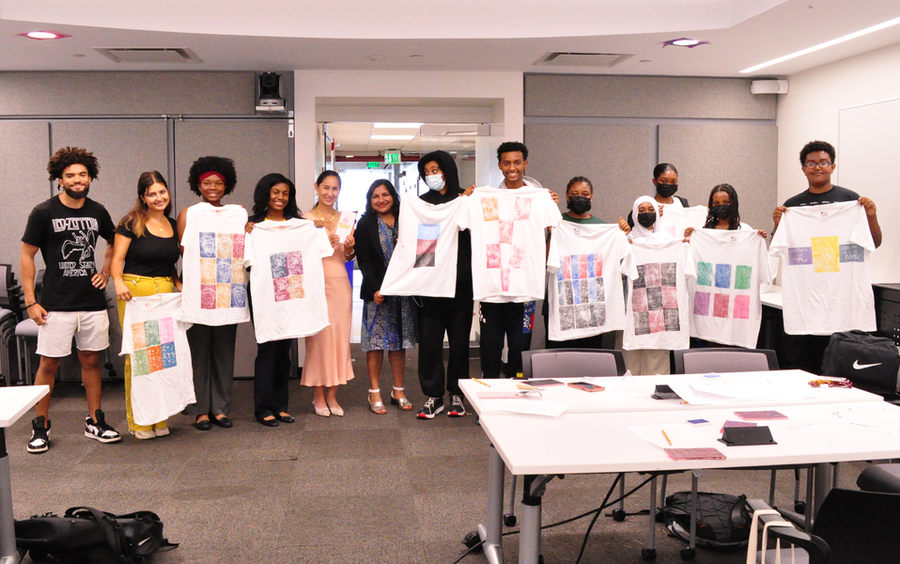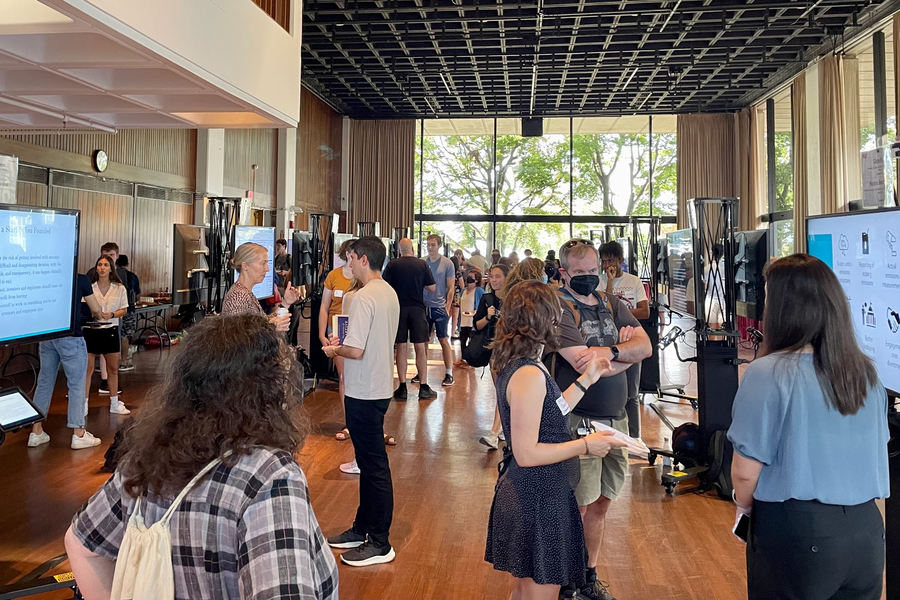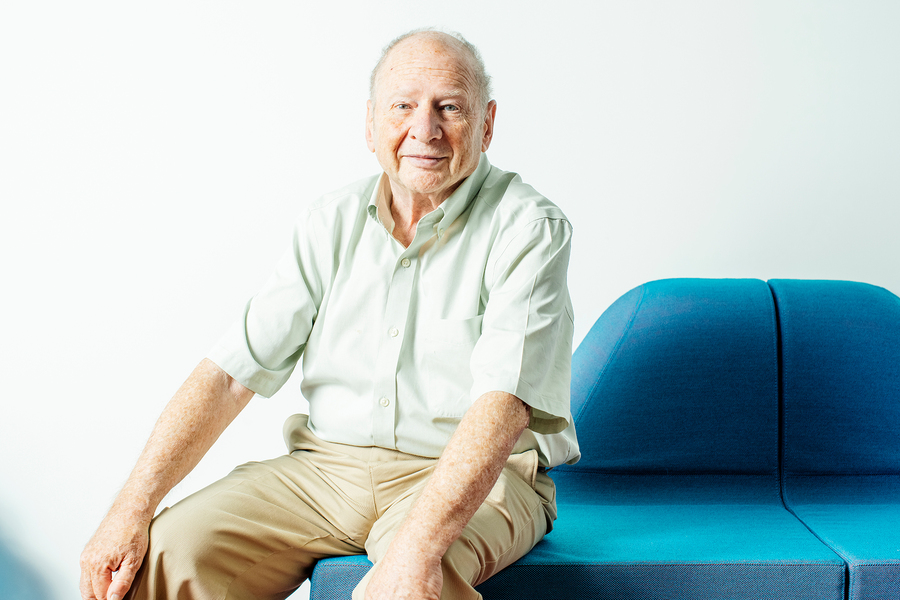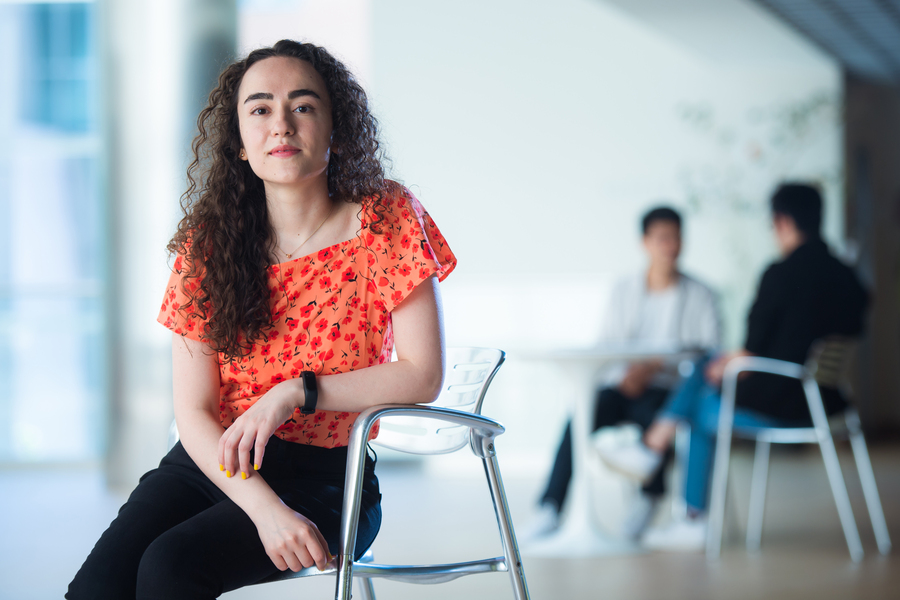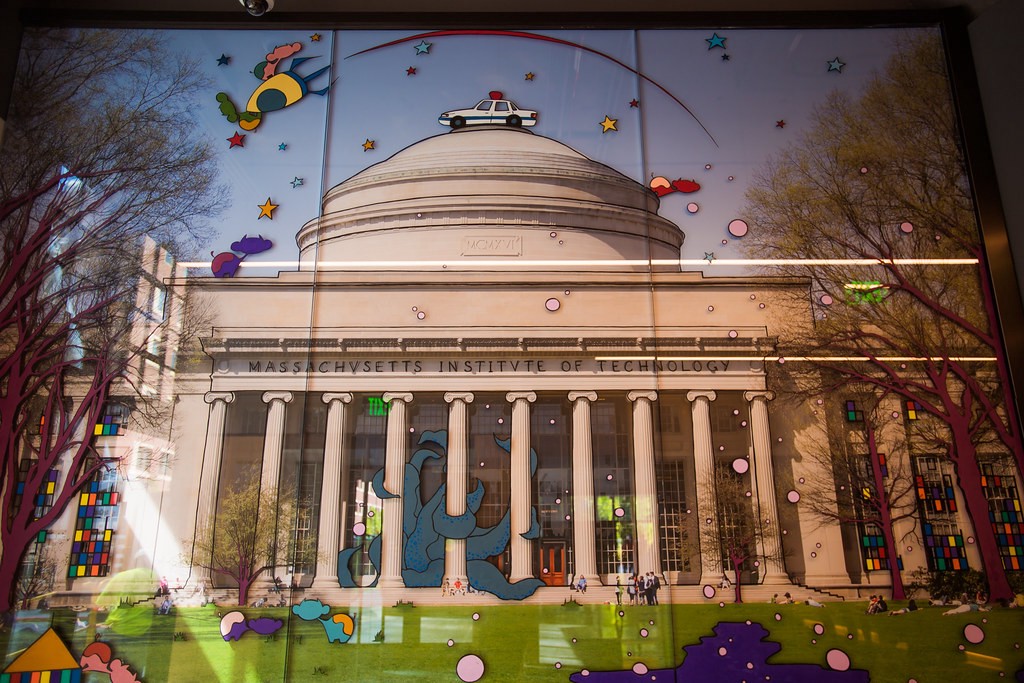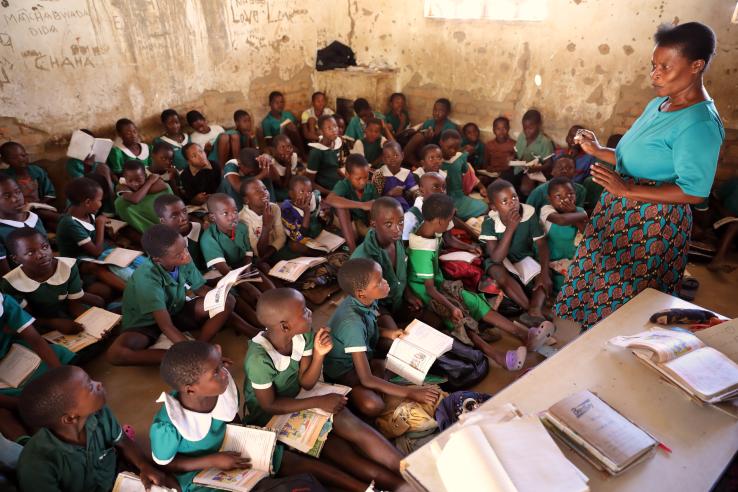In 2010, DeGraff co-founded the MIT-Haiti Initiative with Vijay Kumar of MIT Open Learning, a project that seeks to advance “development, evaluation, and dissemination of active-learning resources in Kreyòl to help improve education in Haiti.
News
By identifying, testing, and implementing promising innovations, Residential Education aims to make it easier for instructors to change and evolve their learning materials.
“I wanted students to feel empowered to incorporate their own expertise, talents, and interests into every activity," says MIT’s Raechel Walker.
In MIT’s Experiential Ethics summer course, students grapple with real-world ethical decision making, often while interning in the very fields they’re studying.
Throughout his career, Professor Hal Abelson has worked to make information technology more accessible to people of all ages.
The researchers found a sizable increase in the number of students who reported mental distress at some time in the preceding year. College-wide access to Facebook led to an increase in severe depression by 7% and anxiety disorder by 20%.
Meet PhD student Setayesh Radkani, she is uncovering the neural processes underlying social learning — that is, learning from others.
Some students have jobs or internships over the summer. But members of MIT Spokes rode their bicycles 3,800 miles across the country to teach STEM classes at learning festivals, centers for adjudicated youth, summer schools, libraries, summer camps, and after-school programs.
A recent retreat brought together MIT faculty and administrators to explore an inclusive and research-based approach to help the whole community prioritize wellbeing on both individual and group levels.
Researchers and policymakers in education are still only beginning to measure the significant learning and socio-emotional skill losses that occurred during these closures. Already disadvantaged students were often disproportionately affected, widening learning gaps between children.
